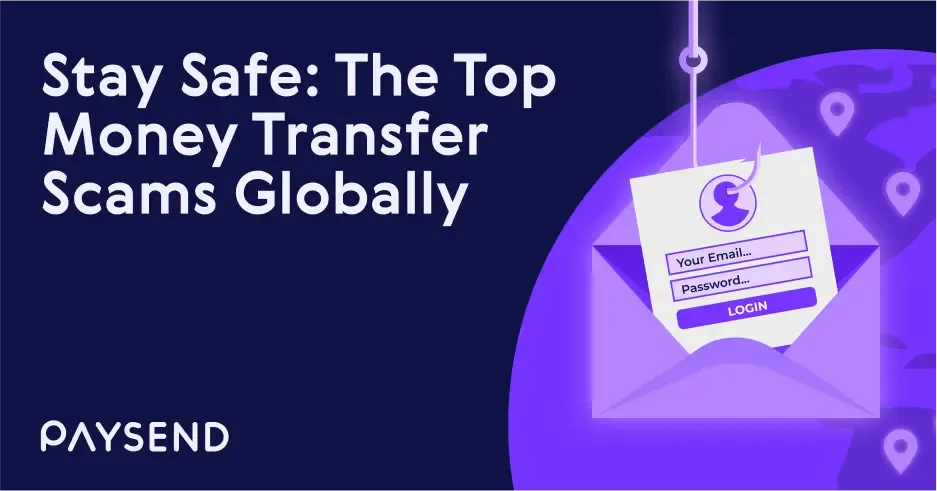How to transfer money to Japan

There are around 4 million Japanese people who live and work around the world away from Japan, and you can find the influence of Japanese culture in nearly every country around the world.
If you’re a Japanese expat, you probably want to find the cheapest way to send money to Japan, so that your transfers don’t suffer from high fees, poor commission or hidden fees.
In this blog we’ll help you to understand the different options for transferring money to Japan, so you can work out what’s the best method for you!
How can I send money to Japan?
If you’re wanting to send money to Japan, you can do this online or offline.
Sending money with a traditional offline method is better for people who aren’t confident with technology, but if you’re confident using your smartphone or laptop, then you should definitely send money digitally using an online transfer service.
This is because digital, online transfers often cost less and take less time when compared with banks or money transfer agents. You can avoid high commission and you can send your money quickly.
Paysend is a fast, affordable and easy way to send money online to Japan. Using the clear and simple Paysend app, you can cheaply and quickly send money to loved ones in Japan in just a few taps.
If you want to discover what our 3.5 million customers think of Paysend, check out our 20,000 reviews on Trustpilot - 89% of people have given us 5 stars!
With Paysend you can send money to a Japanese bank account.
How much does it cost to send money to Japan?
If you want to send money to a bank account in Japan, it costs just £1, €1.5 or $2.
So if you want to send $50 or $500 from the US to Japan, it will only cost you $2 either way.
How much will my recipient receive in JPY?
Paysend uses excellent, competitive exchange rates, and along with our low fees, we provide great value transfers to Japan. You can find out exactly how much your recipient in Japan will receive on our homepage.
How long does it take to transfer money to Japan?
Money sent using Paysend will usually reach the recipient in Japan within a few minutes of being sent, although it could take up to three days working days if your recipient’s bank isn’t quite as quick as us at processing payments. 90% of our transfers arrive in 15 seconds or less!
Download the Paysend app now to start sending money to Japan!
Latest Posts

Sending money internationally has never been easier, but as digital payments become more popular, so do scams targeting unsuspecting senders. Fraudsters use various tactics to deceive people into transferring money, often pretending to be banks, employers, or even loved ones in distress.
To help you stay protected, we’ve outlined some of the most common and most recent money transfer scams happening around the world and how you can avoid them.

Sending money to Poland isn’t just about transactions - it’s about staying connected with loved ones, supporting family, and helping celebrate life’s special moments. Whether it’s funding daily expenses, contributing to education, or lending a hand during festive occasions, the process should be fast, secure and hassle-free. With Paysend’s partnership with Visa, transferring money to Poland has never been easier.